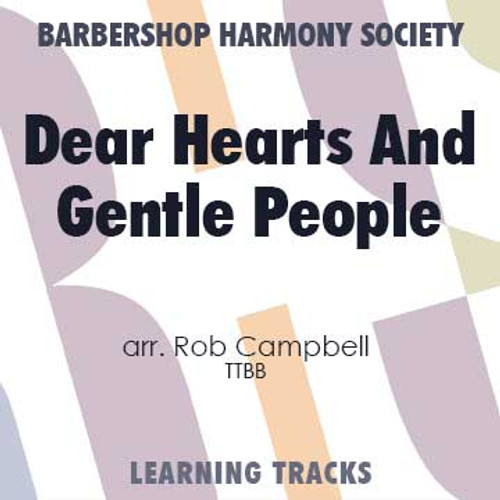

Socrates met this kind of resistance when he disturbed people from their unconsidered way of life. It demands that others examine their own ethical framework and are ready to change their behaviour. It is precisely the seriousness of moral argument that underlies some objections to claiming the high moral ground.

But only one side should ultimately be left in possession of it. Both sides must begin by claiming the moral high ground.

If moral argument is seriously entered into and not simply an intellectual game, the stakes are high. Those who disagree with my argument would similarly imply that my argument was ultimately unsupportable and that I should desist from my criticism of the Malaysia solution. That may seem arrogant, but it is the nature of any ethical argument about right and wrong. The argument also implied that those who disagreed with me really should consider their position, change their views and perhaps their behaviour. When I argued, for example, that the Malaysia solution was ethically flawed on the grounds that it failed to respect the human dignity of those who were due to be swapped to Malaysia, I necessarily implied that ethical arguments in favour of the solution were flawed and unsupportable. Your ethical argument entails you claiming the moral high ground. It is to claim ethical support for the position that you take, with the corollary that the opposed positions taken by others are ethically defective and inferior. The second way of claiming the high moral ground is seemingly less demanding. It reveals the brutality concealed behind the spin that the institution promotes. The witness of people with evident integrity embodying their cause in their acceptance of punishment at the hands of those whom they challenge is always difficult for heavy-handed institutions to counter. In this case the accusation is simply a frustrated tribute to the effectiveness of the dissidents' argument and an acknowledgment of the ethical poverty of the government's position. The dissidents occupy the moral high ground. If the government employs violence against the protests, it undermines its claim to benevolence and ultimately its legitimacy. They may then commit themselves to demonstrations that embody the peaceful and consultative values of the society they call for. If this harmony contrasts with the dissonance between your opponent's actions and words, they cede to you the moral high ground.ĭissidents who argue for a democratic and peaceful society, for example, may come into conflict with an authoritarian government that pretends to benevolence. The first is to display the coherence between what you argue for and how you live your life. You can achieve this highly desirable state of affairs in two ways.

In the same way, to take the moral high ground is believed to give you a decisive advantage in an argument. To take the high ground gives your forces an advantage because they can look and fire down on the opposition. The moral high ground is a military metaphor. We clearly need a handbook that will enable us to recognise the moral high ground and detour around it. Yet just what the moral high ground is, how you would claim it or be claimed by it, and why its possession should put at risk your right to be heard, are rarely specified. It's as if, like Odysseus chained to the mast, you must take drastic steps to avoid seduction by the siren voices wafting from the mist-shrouded moral high ground. Things get more serious when critics lower their voice, adopt a serious mien, and warn you against claiming the moral high ground, or even blame you for taking it. These phrases are standard ordnance in knockabout polemic. The core business of hearts, after all, is blood. Nor is it clear why a bleeding heart should be regarded as a more fatal condition than a bloodless heart. Why one particular variety of a substance whose whole raison d'être is to sozzle should be so disdained is a mystery. People who defend the rights of people who are unemployed, refugees or Indigenous, for example, can be called chardonnay sipping socialists or bleeding hearts. Terms of opprobrium are packaged for different recipients.


 0 kommentar(er)
0 kommentar(er)
